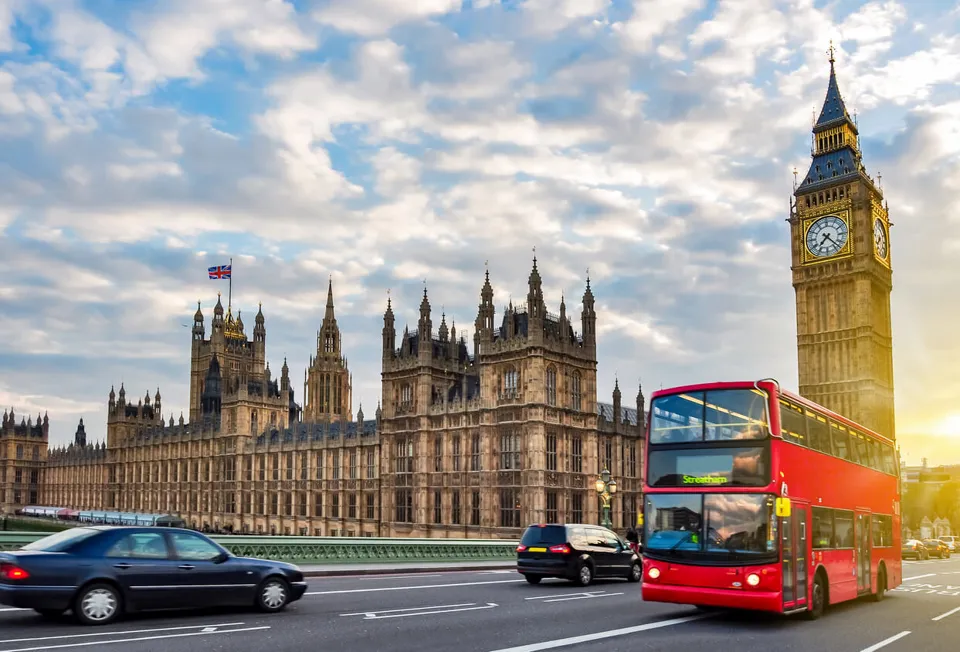The Freight Transport Association (FTA) says any move to ban freight vehicles from London or charge for certain types would have a negative effect on safety, congestion and emissions.
Boris Johnson has asked Transport for London (TfL) to look at options for restricting freight, amongst a raft of measures aimed at ensuring the city’s roads can cope with forecast population growth to 2030.
The Mayor’s statement said he had asked TfL to look at “a range of options for banning or charging certain freight vehicle types at certain times of day. It will also consider what further incentives could be put in place to support more efficient use by freight of road space, such as consolidation centres”.
FTA’s head of national and regional policy Christopher Snelling said: “As FTA and others have repeatedly pointed out, cities rely on freight to keep functioning every day – every business and every resident depends on it. Anything that adds to the cost of freight adds to the cost of doing business and living in London.
“Banning vehicles is counterproductive – it would have negative consequences for safety, congestion and emissions if operators are forced to use smaller vehicles. Stopping them using the morning peak would make it much harder to run businesses that rely on having their goods delivered at the start of the working day.”
FTA believes there are far more intelligent ways of addressing congestion, pollution and safety that would not compromise the day-to-day running of London businesses. The Association hopes that by “incentives” the Mayor means positive measures for cleaner, greener or more load-efficient freight, such as discounts on the Congestion Charge or reform the night lorry ban.
Snelling added: “There’s often an inherent contradiction when, in statements like this, people call for some vehicles to be banned and then want more use of consolidation centres. These centres are supposed to remove vehicles from the road – banning HGVs would do the opposite, creating more traffic not less.”

















Roger Hill - 15/02/2016 21:54
One aspect of ideas like this is very dependant on whether drivers want to work unsocial hours, night after night. Drivers are critically short on the ground now. They would need to be paid considerably more to do overnight working, and that includes the staff at the workplace to receive them. All these people having to stay or come to work overnight just to receive a parcel or two. Just cant see it happening.